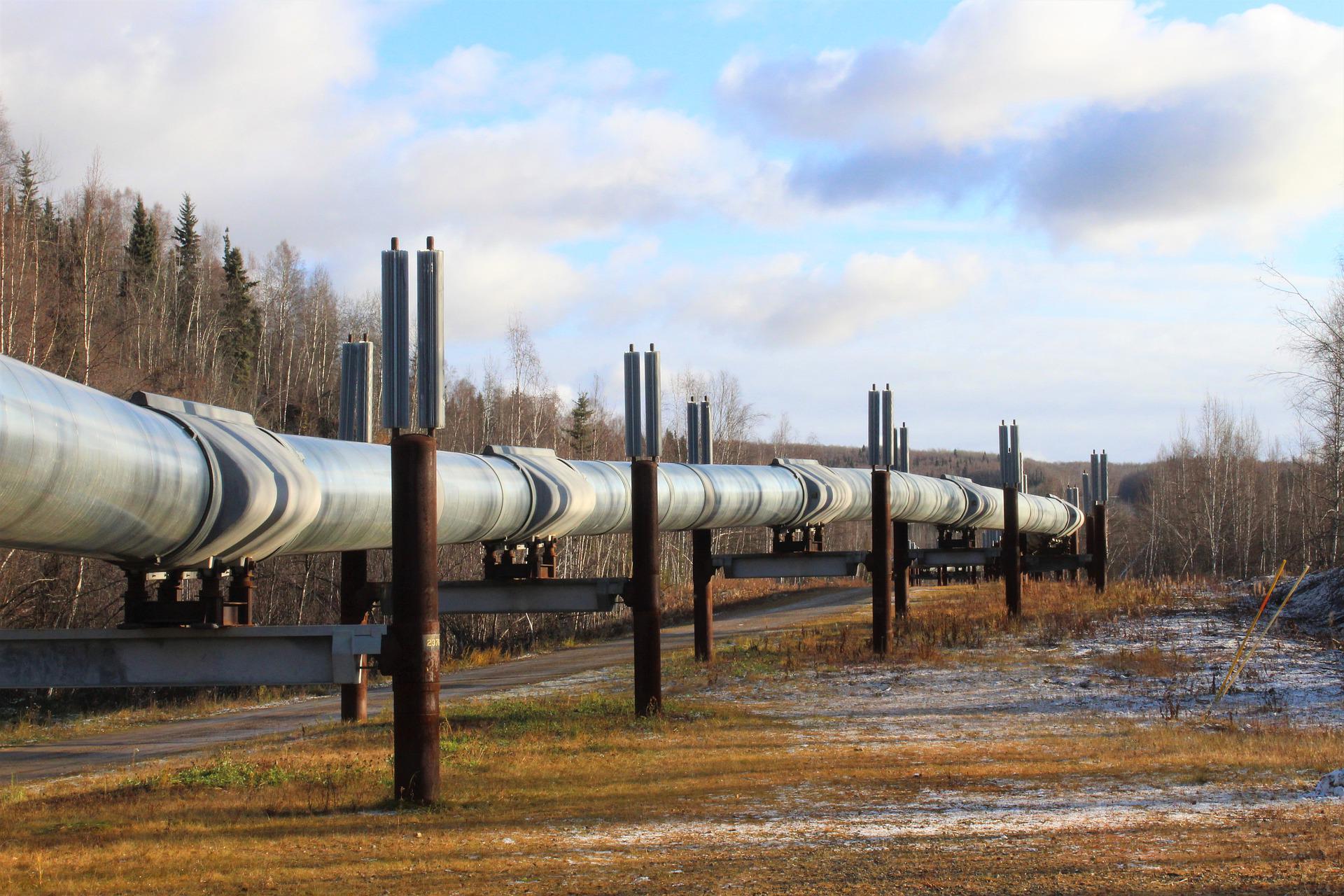
The Hungarian government will be in close coordination with its partners in the region to minimize the price increase.Continue reading

As of today, domestic wholesale fuel prices have increased further: petrol costs 3 forints more gross (0.007 euros) and diesel 6 forints more gross (0.15 euros), according to the latest information from fuel price monitoring website Holtankoljak.hu.
After the increases, 95-octane petrol costs an average of 639 forints (euros 1.55) per liter, while a liter of diesel costs 661 forints (1.60 euros / 1 euro=412 forints) from Thursday. It is important to note, however, that these are average prices, thus there can be wide variations in prices at certain stations, with high prices typically being expected on motorways, for instance.
As reported by Hungary Today, in the new year, fuel prices have increased four times in just over a week; and then again on Tuesday this week. According to data from Holtankoljak.hu, on the last day of the year 2024, a liter of 95-octane petrol cost an average of 617 forints while diesel cost 637 forints.
The data shows that the price of both types of fuel has increased by approximately 20 forints in just over two weeks.
In addition, the latest regional fuel price comparison by the Hungarian Central Statistical Office on January 6, showed that the average price of petrol in Hungary was 14 forints higher than the regional average, while the average price of diesel was 22 forints higher.

Average weekly price of 95-octane petrol in Hungary and in countries in the region. Source: KSH

Average weekly price of diesel in Hungary and in countries in the region. Source: KSH
The extreme price increase is partly explained by the increase in excise duty on wholesale petrol and diesel in Hungary introduced at the beginning of 2025.
On January 1, the excise tax increase brought an almost 8 forint increase in the price of both types of fuel per liter. As for further price increases, unfavorable international economic developments are likely to be behind them. Bloomberg reported earlier this week that crude oil prices were already hovering near a five-month high, largely due to new US sanctions on the Russian oil industry that have tightened global supply.
As reported by Hungary Today, the United States imposed a wide range of sanctions on Russian energy exporters on Friday last week, affecting oil trade. Reacting to the sanctions, Hungary’s Minister of Foreign Affairs and Trade Péter Szijjártó said that the outgoing US administration poses serious challenges to Central Europe, and warned of rising fuel prices in the near future. He noted that the inclusion on the list of a company (Naftna Industrija Srbije) that plays a key role in Serbia’s oil supply could reduce the amount of crude oil coming into the region, causing a drop in processing here and a much greater need for finished, refined fuel. “If demand increases but processing capacity decreases, that unfortunately means we face a very serious risk of price hikes,” he explained.
Via Holtankoljak, KSH, Bloomberg; Featured image: Pexels